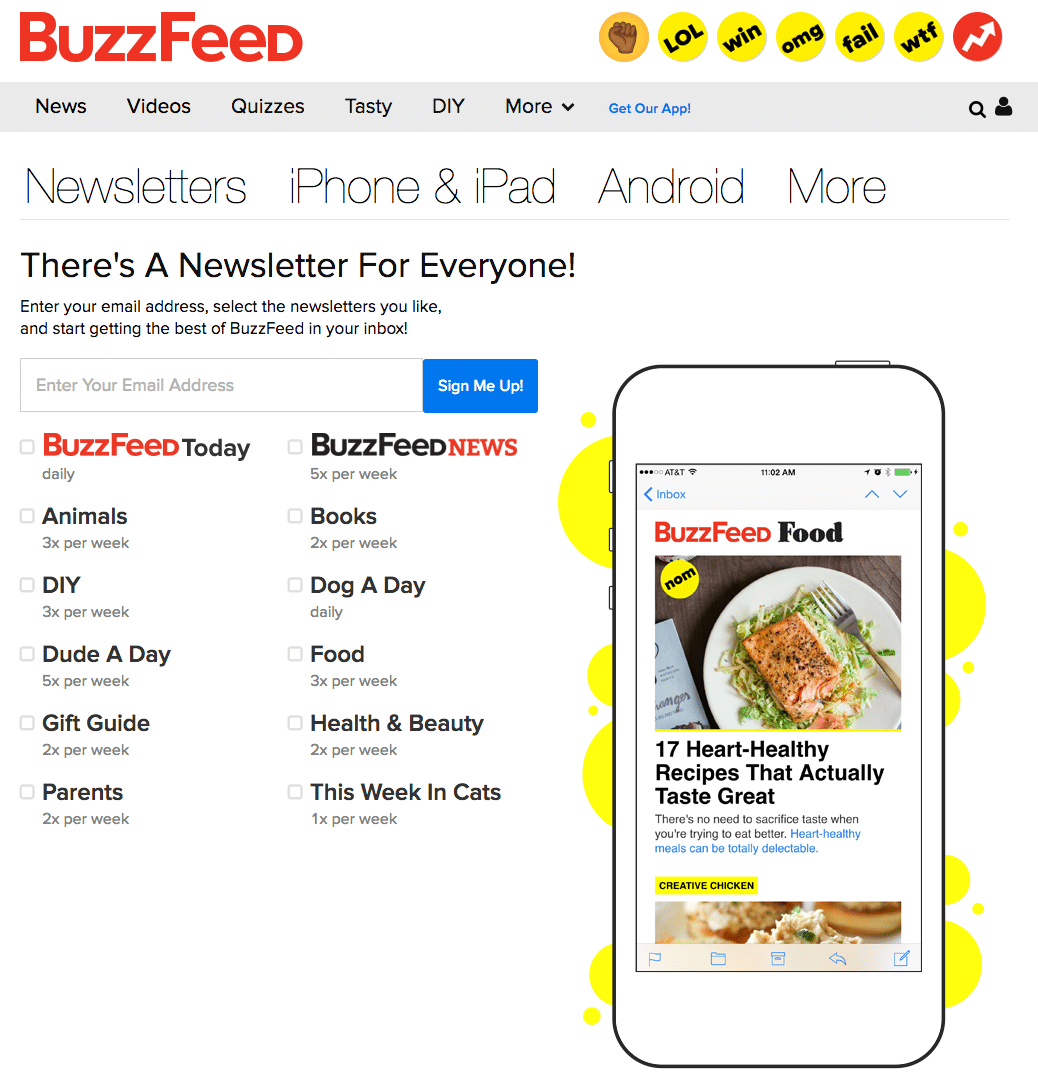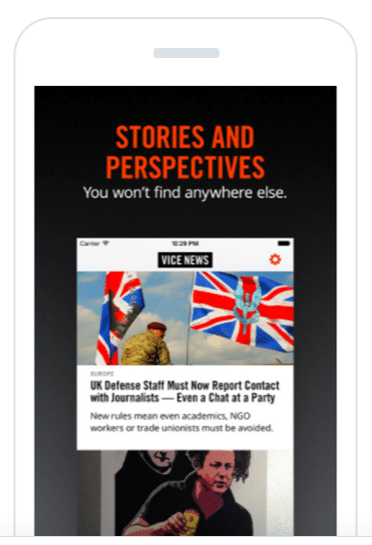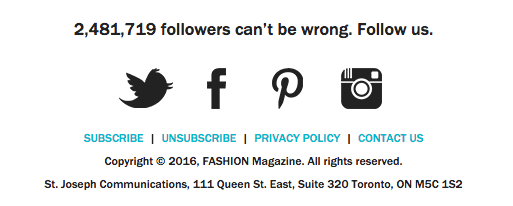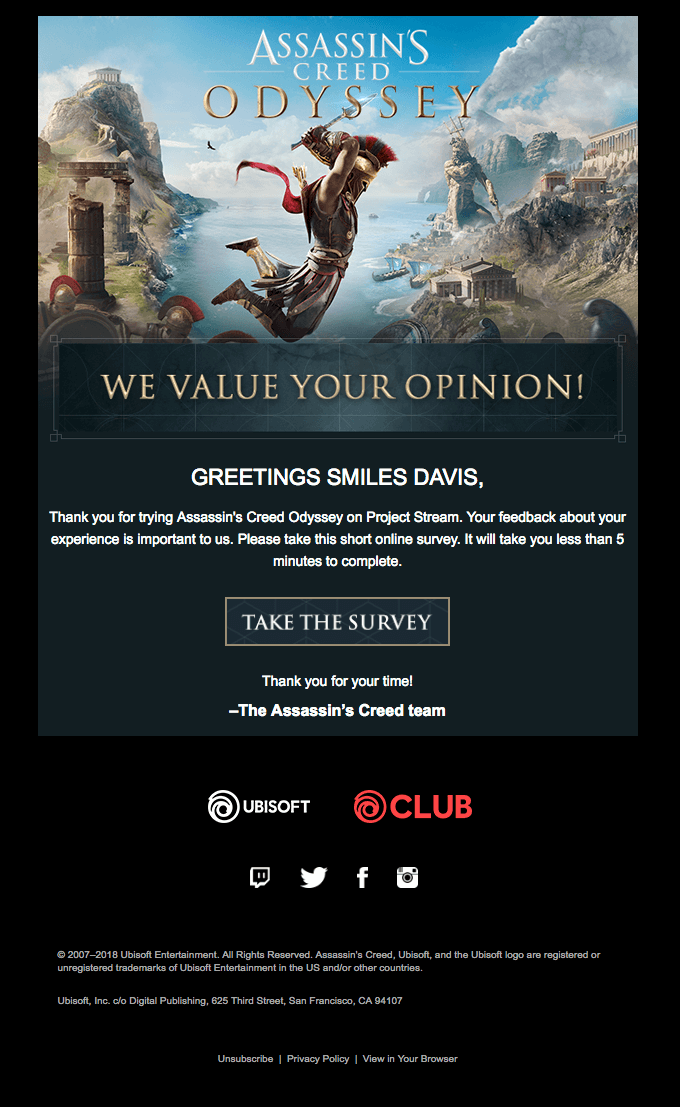This post has been updated as of June 2019
For digital media and publishing companies, content is their business. Magazines create must-read articles just as cable networks generate original videos, all to sell subscriptions. In a nutshell, media companies sell content, so its value can’t be understated.
There are a lot of steps to create a great piece of content. You need a catchy headline, an intriguing storyline, and a way to distribute it, just to name a few. But, as you work through the checklist, authenticity, and credibility are sometimes taken for granted or get lost in the day-to-day chores of content creation.
Subscribers expect authentic, credible content. In this post, we’ll explore the importance of content, authenticity, and credibility, as it applies to digital media and publishing companies.
The value of content
To media companies, content isn’t just a product for sale; it’s a tool to attract and retain subscribers, as well as potentially drive revenue from advertisers. Here’s a look at the value content provides:
Brand awareness
By promoting its content, new subscribers are introduced to the company. As subscribers see promotions, they become more aware of the brand and recognize its name and purpose.
Keeps subscribers informed
Media companies can create content that keeps subscribers informed too. An email about upcoming TV premieres, a blog post about an upcoming interview with a celebrity, or an invitation to be an extra on a magazine shoot are all ways media companies can use content to keep subscribers in the loop.
Shareable content
In today’s digital age, great content is shareable. When a subscriber reads a page-turner, they’ll likely share a link on Facebook or mention the magazine on Twitter. Media companies that embrace social media and make it easy for subscribers to digitally spread their content realize the value of social audiences.
Why authenticity matters
To be authentic means to create original, genuine content, and subscribers these days demand nothing less. Here’s why:
Overload of options
Subscribers have an enormity of media at their fingertips, which means competition for media companies is fierce. Subscribers only have so much time in their day to read a magazine, watch TV, or listen to a radio station. To standout in a crowded space, media companies have to offer authentic content.
Niches exist
To be authentic, media companies can’t cater to everyone. In fact, you’ll have more success if you carve out a niche. By focusing on a specific area, like fashion or gardening, you might have a smaller audience, but they’ll be highly engaged because you’re delivering content that’s specific to their interests.
The importance of credibility
Subscribers make decisions based on a media company’s credibility, which is why it’s important to create credible, trustworthy content. Here’s how credibility impacts a subscriber base:
Builds a reputation
Media companies that publish credible content, with fact-checked articles, vetted information, and quotes from experienced experts, build a solid reputation. It’s that reputation that attracts and retains subscribers.
Accountability
If a media company does falter and publishes false information, it’s important for the company to admit wrongdoing and hold itself accountable. Subscribers expect credible content and, when that promise is broken, it can erode trust.
Tips to create content that’s credible and authentic
Today’s subscribers simply won’t settle for cookie-cutter content. Here are a few steps media companies can take to ensure the creation of must-read content:
Give subscribers more control
Just because subscribers crave authentic content doesn’t mean they want to see every piece you produce. Let subscribers decide what content they want from your company by setting up a preference center.
A preference center puts subscribers in control. They can decide what topics they want in their inbox and how frequently they arrive. By giving subscribers exactly what they’re looking for, they’re more likely to engage with the content you send.
BuzzFeed encourages its subscribers to use this preference center, which allows subscribers to select which topics they’re interested in and explains how frequently the emails are sent.

Develop and promote your apps
Part of creating credible, authentic content is delivering it to subscribers in an easy-to-use format. While posting content on a website is helpful, it’s not necessarily what subscribers want. Research shows 90% of a user’s time is spent using apps, rather than browsing the web.
To meet expectations, develop an app where you can showcase content and promote your brand.
Media companies like VICE offer subscribers an app that gives them access to articles, live content, and video.

Promote content using email marketing
Creating great content is only the first part of the puzzle. You need people to read your articles, watch your show, or listen to your podcast. Without an audience, creating killer content is useless.
To keep your audience informed, use email marketing. You can send emails that let subscribers know when a new article is live, generate excitement about an upcoming show, or ask subscribers what they want to see in next month’s edition.
Many digital media companies create email newsletters to introduce subscribers to new content, like this one from Fashion Magazine:

Email marketing allows you to communicate with your subscribers. Through conversations, media companies can do a “pulse check” and see what the audience thinks of their content.
Here’s an excellent example from Apartment Therapy. The company asks its subscribers to take a survey so they can understand what subscribers want.

Give subscribers a way to reach out
Aside from surveys, how can your current or potential subscribers reach out to your company?
A recent survey shows 90% of customers consider contact information a sign of credibility and need it to feel comfortable enough to buy a product or service. Given this information, you should double-check the details provided on the company contact page. Make sure your company’s location, phone number, email, and social channels are all listed on your website and in emails.
Fashion Magazine does a great job providing all of its contact information at the bottom of its emails:

Prioritizing authenticity in 2019
If you want to win in the digital marketing game, you need to prioritize authenticity and credibility. However, with so much content being pumped out every day, how can you make sure that your content’s authentic?
Here are three easy ways to achieve it.
Leverage user-generated content.
User-generated content (UGC) is content that’s created by your customers. This powerful way of generating content is becoming popular with businesses for one simple reason: It works. The reason it works is because:
- People trust content created by other people more than they do content created by a business
- It reduces online shopping anxiety
- UGC increases credibility
- It gives your brand a human touch
 Source: MavSocial
Source: MavSocial
Allow your customers to share their experiences with your brand or products. You can do this on social media, on your website, in your emails, and all your other marketing assets.
Develop a unique brand voice.
If there’s one thing that puts consumer off, it’s finding the same content written in multiple places on the internet. Using a cookie-cutter approach to your content creation destroys your overall credibility.
In order to stand out above the noise, you have to be different. One way to do that is to develop a unique brand voice. Brand voice refers to the personality you infuse into your communications. Some factors that help convey your brand voice include your choice of wording and language.
Here’s an example from our catalog of Jack Daniel’s brand voice, and it definitely manages to cut through content noise to be heard loud and clear:

Source: Jack Daniels
Jack Daniel’s nails it when it comes to brand voice. Their voice communicates the heritage and quality of their whiskey, all in a stately yet humorous manner. Reading their ads and emails leaves you feeling as if you’re being told a story by a wizened old cowboy in an old western saloon. It’s an experience that builds a loyal following and, of course, content credibility.
Engage with your customers.
Another great way of ensuring that you create authentic and credible content is by engaging with your audience.
One of the best places to do that is through social media. Listen to what they’re saying about your brand, their expectations, and their complaints.
Using the intel you gather from your social listening, create content that resonates with them by addressing their issues. Your customers will appreciate you for this, as it shows them that you care about them.

Source: Really Good Emails
Authentic content just doesn’t have to be original; it also has to be relevant. That’s why engaging with your customers is crucial to your content creation process.
Wrap up
Every piece of content that a digital media company creates, from an investigative report in a magazine to the email used to promote it, must be authentic and credible.
The support of subscribers often depends on the company’s ability to create great content that’s honest and true to the company’s mission and values.
If ever there’s an area in your marketing that needs authenticity and content credibility, it’s your emails. To improve your mastery in this area, be sure to check out our email copywriting tips for driving engagement.
This post was originally published March 2017





